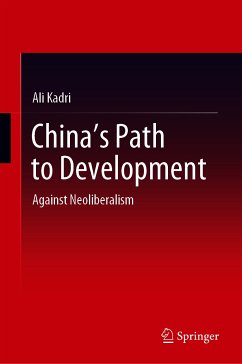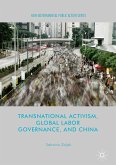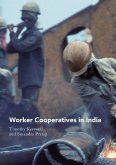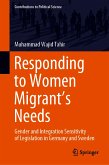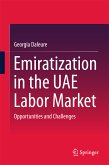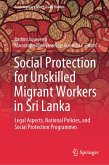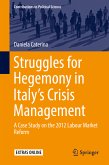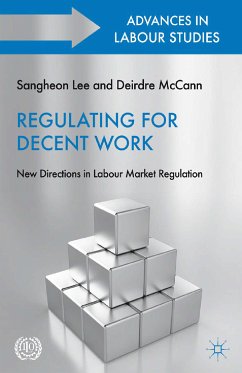This book is a treatise against neoliberalism illuminated by the path of China. China is a model to be mimicked, but more so theoretically than by replication. If anything, nations of the global South must rid themselves of neoliberally imposed 'one-size-fits all' models, instrumentalised to shift value to US empire. Neoliberal models, robbing nations of their histories and resources, are negative 'best practice' serving the interests of the hegemon. Developing nations need to search for the theory that corresponds to their own conditions and development strategies. China's experience, anchored in labour as the historical agent, offers numerous theoretical cues as to how to build comparable home-grown paths. Thinking development with a subject voids reductionist politics in favour of sober class analysis. The study concludes by restating the age-old wisdom that there is no development without the rule of labour.
Dieser Download kann aus rechtlichen Gründen nur mit Rechnungsadresse in A, B, BG, CY, CZ, D, DK, EW, E, FIN, F, GR, HR, H, IRL, I, LT, L, LR, M, NL, PL, P, R, S, SLO, SK ausgeliefert werden.

